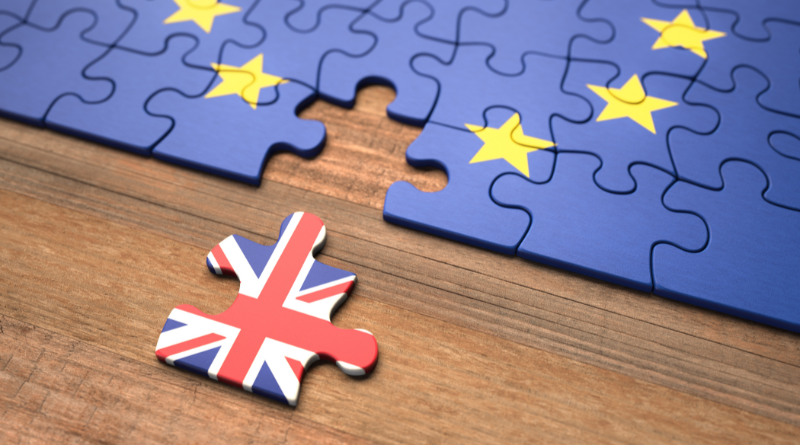Brexit vs the economy
As the government begins to show a restoration of stability, the focus now turns to two other major issues being faced by the British nation.
- The increase in interest rates
The first issue is the rise in interest rates. The Bank of England’s (BoE) monetary policy committee made a decision to increase interest rates by 75 basis points in early November (echoing the Federal Reserve’s own 0.75 rise), which took the UK bank rate to 3 percent, which makes it the steepest increase in over 30 years. This has had, and will continue to have, a huge effect on the economy.
- Brexit
6 years after the exit vote and still many issues are up in the air. Brexit is being blamed as one of the main routes of our economic problems. And as time moves on past the pandemic, we can also clearly see the impact this has had.
Brexiteers believe that the recovery of the UK trade figures implies promise for the future however, following the post-referendum dip, these figures have only returned to a previous level, which masks any potential growth which could have taken place without Brexit.
There has been a drop off in number of trade relationships between the UK and the EU and research from the LSE and the Resolution Foundation shows a sharp, real decline in trade openness (total trade as a share of GDP) since 2019. This is something that has not affected other countries which leads us to believe it is Brexit related and not a consequence of the pandemic.
So Brexit Vs the Economy – is Brexit to blame for our economic stagnation? It’s not a simple answer – pro-Brexit groups and anti-Brexit groups have different opinions. We’d be interested to hear your thoughts on the matter…
- Navigating with clarity for business growth - March 2, 2026
- The low down on tax and electric vehicles - February 5, 2026
- The “Jaffa Cake” case! - December 27, 2025






